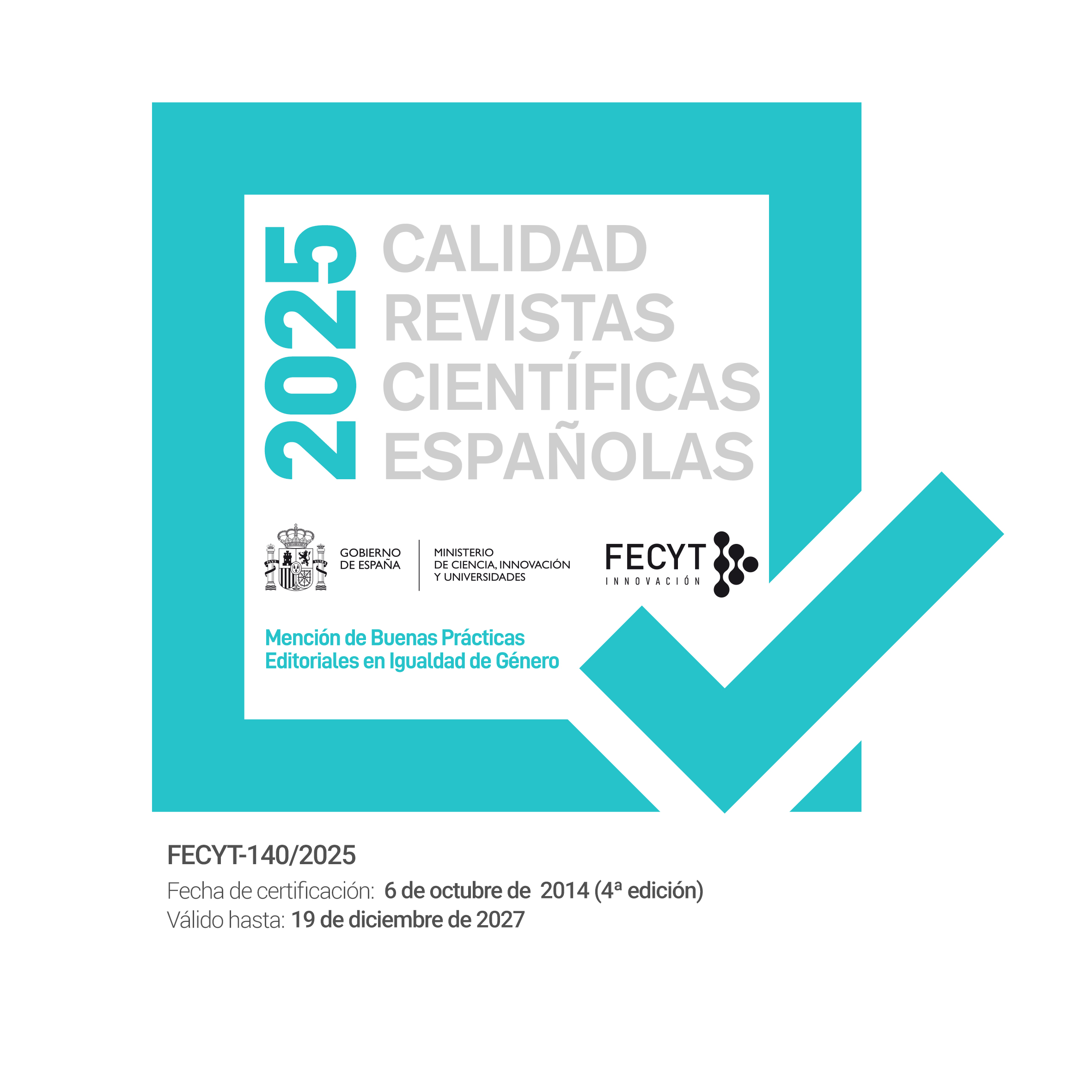FUNDAMENTOS FILOSÓFICOS Y EMPÍRICOS DE LA INVESTIGACIÓN EN CIENCIA DE LA EDUCACIÓN
DOI:
https://doi.org/10.5944/educxx1.9.0.323Resumen
La palabra "ciencia" expresa el resultado de la actividad de la investigación en algún campo; las ciencias que investigan objetos o hechos que están en la realidad se llaman ciencias reales. La Ciencia de la Educación es una ciencia real. Por ciencia entendemos también la actividad investigadora. Las proposiciones científicas han de ser tan simples y generales como se pueda, han de ser objetivas y han de explicar si los hechos corresponden a nuestras hipótesis. La Ciencia de la Educación es empírica y ha de ser elaborada de un modo analítico-causal, predictivo y tecnológico. La Pedagogía Práctica, en cambio, ha de contener juicios de valor (los fines de la educación). Los métodos científicos cuantitativos utilizan el cálculo y elaboran leyes generales; los métodos cualitativos proporcionan la comprensión de casos particulares y de hechos complejos. Se suele admitir que en la investigación sobre la educación se utilizan los dos tipos de métodos, según cada cuestión. El proceso de investigación tiene seis pasos: planteamiento del problema, documentación sobre lo que ya se sabe de él, formulación de hipótesis, recopilación de datos, tratamiento e interpretación de los datos y descripción de los resultados.
ABSTRACT
The word "science" expresses the result of research in a particular field, and any science which investigates real objects or faets is called an empirical science. Education Science is an empirical science. By science we should also understand the research process itself. Scientific propositions should be as simple and general as possible; they have to be objective and have to explain how the facts support a given hypothesis. Education Science is empirical and is based on the analysis of cause and effect, and on predictive technological methods. Practical Pedagogy, on the other hand, necessarily contains valué judgements (the aims of education). Quantitative scientific methods use calculation and develop general laws; qualitative methods lead to the understanding of particular cases and of complex events. In in the field of Educational Science, it is generally accepted that both research methods can be used, depending on the question in hand. The research process has six steps: defining the problem, gathering any information that is already known about it, the formulation of a hypothesis, the coUection of data, the analysis and interpretation of the data and the description of results.
Descargas
Descargas
Cómo citar
Número
Sección
Licencia
La revista Educación XX1 se publica bajo licencia Creative Commons Reconocimiento-NoComerciaL 4.0 (CC BY-NC 4.0). Se permite la generación de obras derivadas siempre que no se haga un uso comercial. Tampoco se puede utilizar la obra original con finalidades comerciales.










